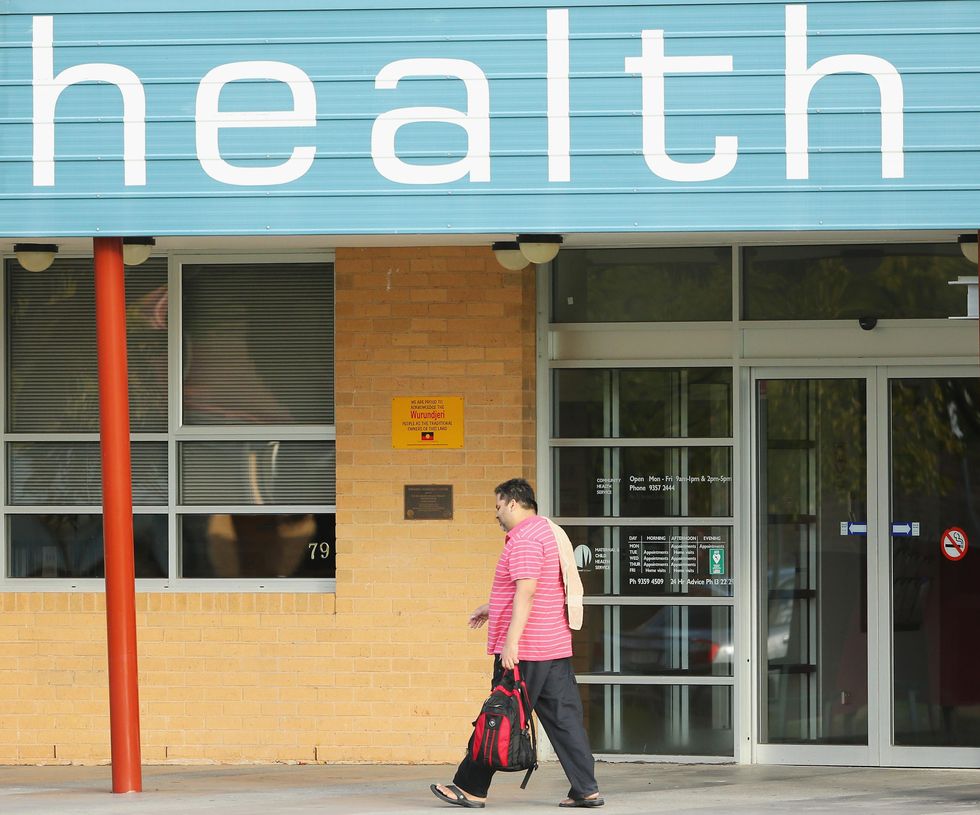
Tens of thousands are not paying required premiums under some state Medicaid requirements. (Photo by Scott Barbour/Getty Images)

Current policies requiring Medicaid recipients to contribute toward their own health care costs appear to have failed in many states where they've been implemented, with only a fraction of participants paying the required premiums.
Less than half of enrollees in Michigan paid their premiums during the reporting period from January through August in 2017. Worse, in Arkansas, just 20 percent of the state's 63,000 Medicaid recipients paid their $13 monthly premiums last year.
Phil Galewitz of Kaiser Health News reported for CNN Money on Wednesday that the number of Medicaid patients ignoring payments is in the tens of thousands. Pointing to states that adopted these "skin-in-the-game" provisions, Galewitz noted there are often little or no consequences for enrollees who don't pay.
While many states will lock enrollees out of their Medicaid programs for non-compliance, they’re often able to re-enroll without any waiting period.
One exception seems to be Indiana, which has had success with a six month lockout provision for those who fail to pay. Kentucky is expected to follow suit with a similar policy, and in July will become the first state to impose work requirements now that the Trump administration has allowed states to do so.
This new work requirement option is being offered to the states for the first time in Medicaid's history. But it seems clear that incentives for paying premiums for Medicaid will still be needed, considering a majority of the benefit recipients already work.
While 42 percent of Medicaid recipients hold full time jobs, another 18 percent work part time, and the remaining 40 percent typically link their unemployment to either illness, family obligations, or difficulty finding a position. The total number of working adults receiving Medicaid is roughly 15 million.
Work requirements, when imposed, would only apply to non-disabled adults of working age. While the Obama administration forbid it, nine states have now sought waivers to require their Medicaid recipients to be involved in some type of community engagement, whether it be volunteering, educational opportunities or employment.
As of 2015, almost 1 in 4 Americans were on Medicaid with numbers growing due in large part to the program's 2014 expansion under Obamacare in 31 states.